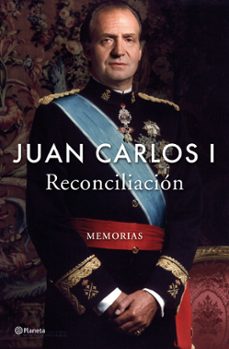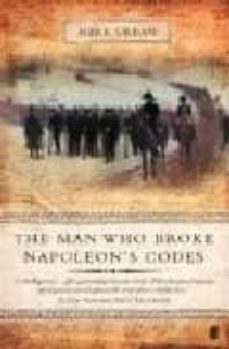Imprescindibles
Ficción
No Ficción
Ciencias y tecnología Biología Ciencias Ciencias naturales Divulgación científica Informática Ingeniería Matemáticas Medicina Salud y dietas Filología Biblioteconomía Estudios filológicos Estudios lingüísticos Estudios literarios Historia y crítica de la Literatura
Humanidades Autoayuda y espiritualidad Ciencias humanas Derecho Economía y Empresa Psicología y Pedagogía Filosofía Sociología Historia Arqueología Biografías Historia de España Historia Universal Historia por países
Infantil
Juvenil
#Jóvenes lectores Narrativa juvenil Clásicos adaptados Libros Wattpad Libros Booktok Libros de influencers Libros de Youtubers Libros Spicy Juveniles Libros LGTBIQ+ Temas sociales Libros ciencia ficción Libros de acción y aventura Cómic y manga juvenil Cómic juvenil Manga Shonen Manga Shojo Autores destacados Jennifer L. Armentrout Eloy Moreno Nerea Llanes Hannah Nicole Maehrer
Libros de fantasía Cozy Fantasy Dark academia Hadas y Fae Romantasy Royal Fantasy Urban Fantasy Vampiros y hombres lobo Otros Misterio y terror Cozy mistery Policiaca Spooky Terror Thriller y suspense Otros
Libros románticos y de amor Dark Romance Clean Romance Cowboy Romance Mafia y amor Romance dramatico Romcom libros Sport Romance Otros Clichés Enemies to Lovers Friends to Lovers Hermanastros Slow Burn Fake Dating Triángulo amoroso
Cómic y manga
Novela gráfica Novela gráfica americana Novela gráfica europea Novela gráfica de otros países Personajes, series y sagas Series y sagas Star Wars Superhéroes Cómics DC Cómics Marvel Cómics otros superhéroes Cómics Valiant
eBooks
Literatura Contemporánea Narrativa fantástica Novela de ciencia ficción Novela de terror Novela histórica Novela negra Novela romántica y erótica Juvenil Más de 13 años Más de 15 años Infantil eBooks infantiles
Humanidades Autoayuda y espiritualidad Ciencias humanas Economía y Empresa Psicología y Pedagogía Filosofía Historia Historia de España Historia Universal Arte Cine Música Historia del arte
Ciencia y tecnología Ciencias naturales Divulgación científica Medicina Salud y dietas Filología Estudios lingüísticos Estudios literarios Historia y crítica de la Literatura Estilo de vida Cocina Guías de viaje Ocio y deportes
MARK URBAN
Recibe novedades de MARK URBAN directamente en tu email
Filtros
Del 1 al 6 de 6
FABER AND FABER 9780571205387
This work gives a compelling account of the officer who waged the intelligence battle against Napoleon's army, a forerunner to the great code-breakers of the 20th century. The French army, during the Peninsular War, used a code of unrivalled complexity - the 'Great Paris Cipher'. Major George Scovell used a network of Spanish guerillas to capture coded French messages, and then set to work decrypting them. The title suggests an emphasis on cryptography, but in fact, the story of George Scovell's decryption of Napoleon's 'Great Cypher' is only a small part of this magisterial work. The greater portion of Urban's book is a dynamic and fluid account of the Peninsular War, combining a solid and scrupulously accurate rendering of the plain military and tactical facts with the sort of three-dimensional modelling made possible by Scovell's own campaign diaries. Having been at the centre of the action for much of the war, Scovell was in a position to give revealing portraits of many of the protagonists, including the Iron Duke himself, and new light is thrown upon Wellington's character and command technique through Scovell's accounts and the way Urban incorporates them into the bigger picture. The breaking of the 'Great Cypher' itself proves to be crucial to the outcome of the war, and the detail of Scovell's laborious and inventive chipping away at its secrets makes a nice counterpoint throughout to the almost Homeric story of epic battles and great armies sweeping back and forth across the plains of Europe from Corunna to Waterloo. (Kirkus UK)
Ver más
Tapa blanda
FABER AND FABER 9780571190683
Tapa blanda
FABER AND FABER 9780571216819
Tapa blanda
Del 1 al 6 de 6


























